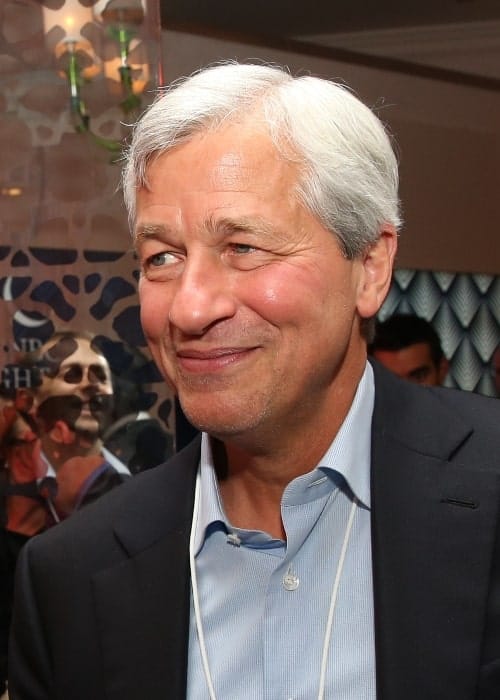In a surprising turn of events, Pat Gelsinger has resigned as CEO of Intel Corporation, a move that has sent shockwaves through the tech industry. Gelsinger, who took the helm of the company in February 2021, was brought in with high hopes of revitalizing Intel’s fortunes amid fierce competition from rivals like AMD and NVIDIA. However, his tenure has been marred by a series of setbacks, including production delays, supply chain issues, and an inability to keep pace with the rapid advancements in semiconductor technology.
Intel’s struggles have been well-documented over the past few years. The company has faced significant challenges in transitioning to advanced manufacturing processes, which has hindered its ability to produce cutting-edge chips. The semiconductor shortage that began in 2020 further exacerbated Intel’s issues, as the company found itself unable to meet the growing demand for its products.
Gelsinger’s departure comes at a time when Intel is attempting to pivot its strategy towards becoming a leader in the foundry business, which involves manufacturing chips for other companies. This shift is seen as crucial for Intel’s long-term viability, as it seeks to compete with established foundries like TSMC and Samsung. However, the transition has not been smooth, and many analysts have expressed concerns about Intel’s ability to execute its new strategy effectively.
The news of Gelsinger’s exit has raised eyebrows among investors and industry experts alike. While some believe that a change in leadership could bring fresh ideas and renewed energy to the company, others worry that it may signal deeper issues within Intel’s corporate structure.
In a statement released by the company, Intel’s board of directors expressed gratitude for Gelsinger’s contributions and acknowledged the challenges the company has faced during his tenure. “Pat has worked tirelessly to reposition Intel for the future, and we appreciate his efforts during this transformative time,” said the statement.
As Intel searches for a new CEO, the company must also address its pressing operational challenges. Analysts suggest that the new leadership will need to focus on improving manufacturing capabilities, enhancing research and development efforts, and fostering a culture of innovation to regain its competitive edge in the semiconductor market.
The semiconductor industry is evolving rapidly, with new technologies such as artificial intelligence and quantum computing creating opportunities and challenges for companies. Intel’s future will depend on its ability to adapt to these changes and effectively navigate the competitive landscape.
In the meantime, the tech community is left speculating about who will take over as CEO and what direction Intel will take moving forward. The stakes are high, as the company seeks to reclaim its status as a leader in the semiconductor industry amidst ongoing turmoil and uncertainty.

